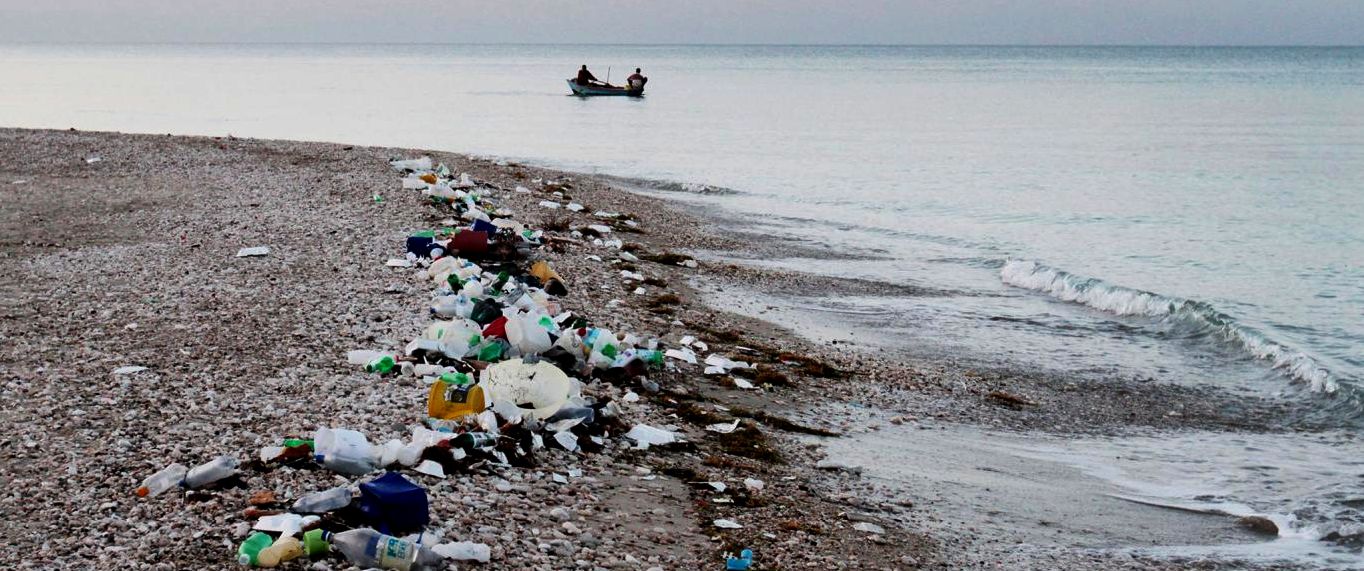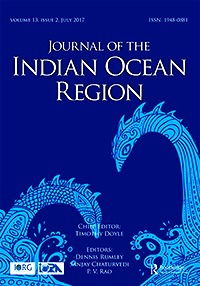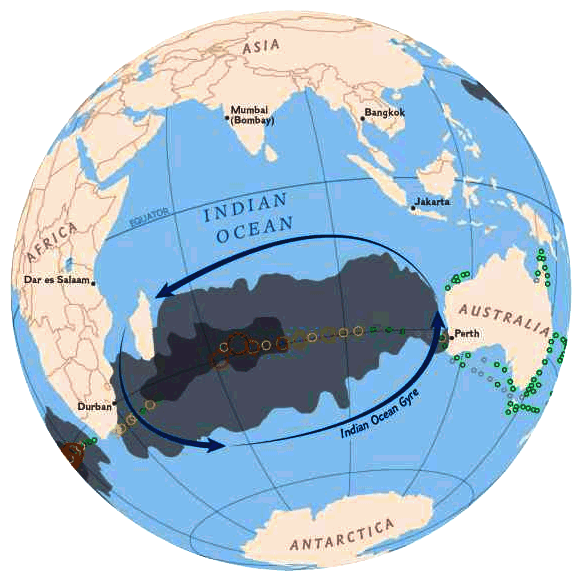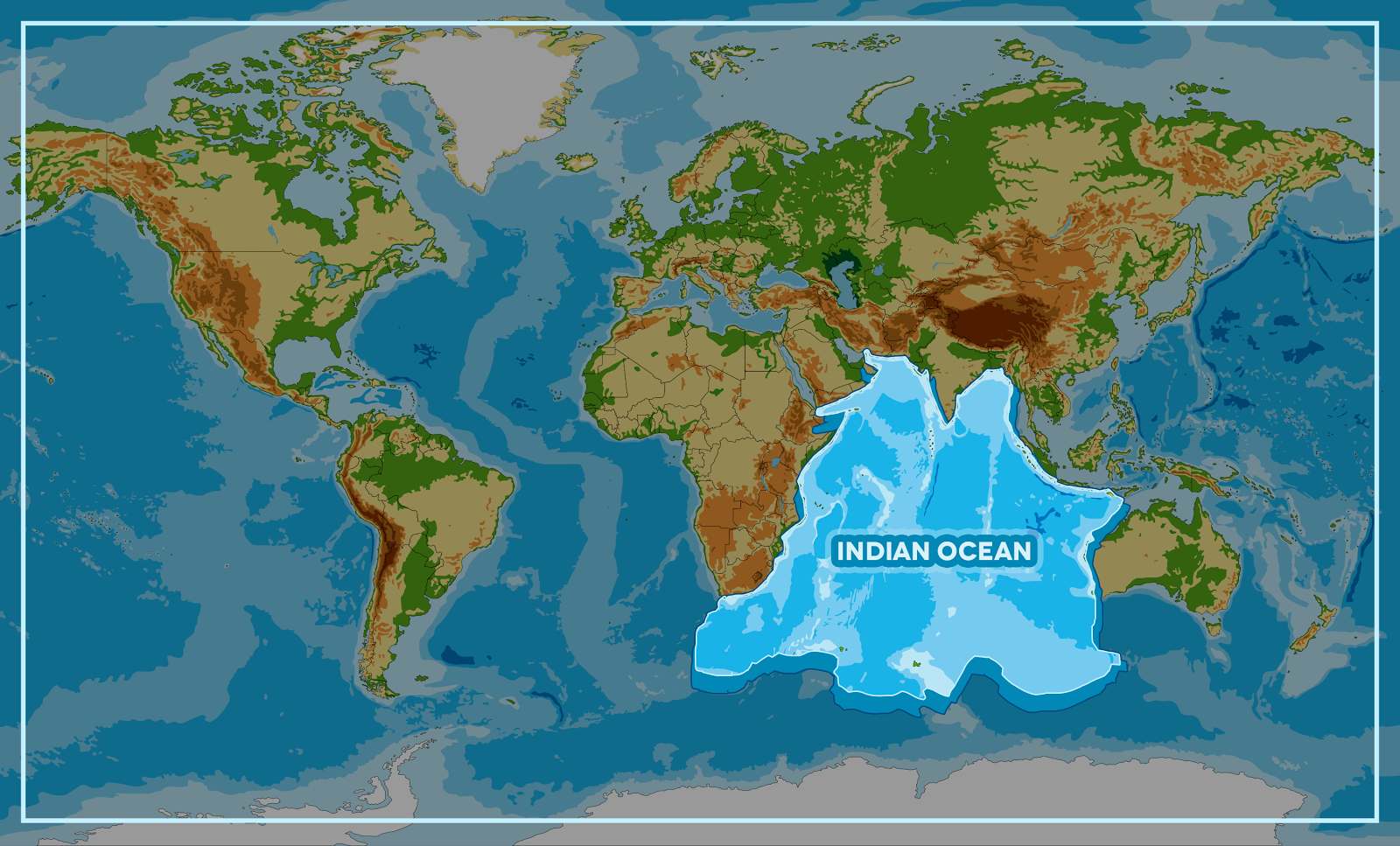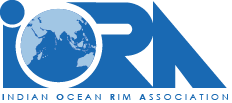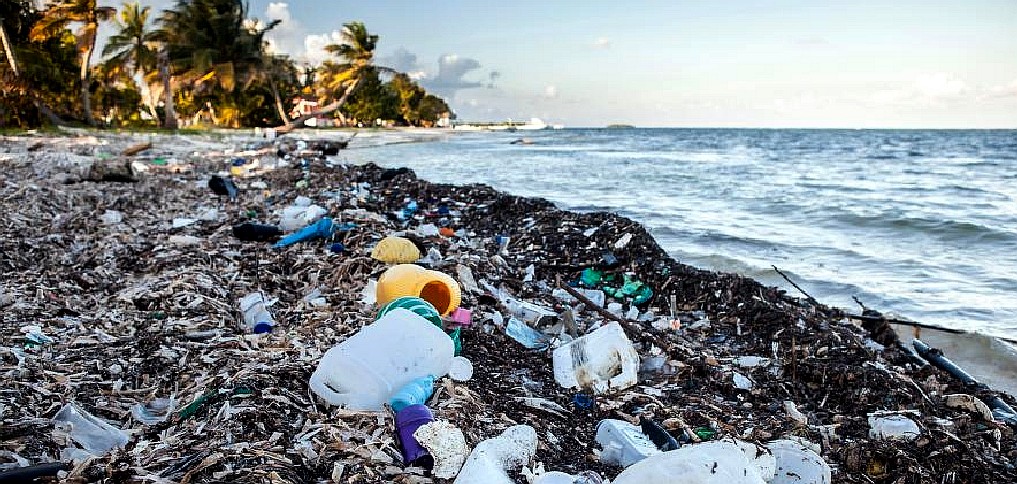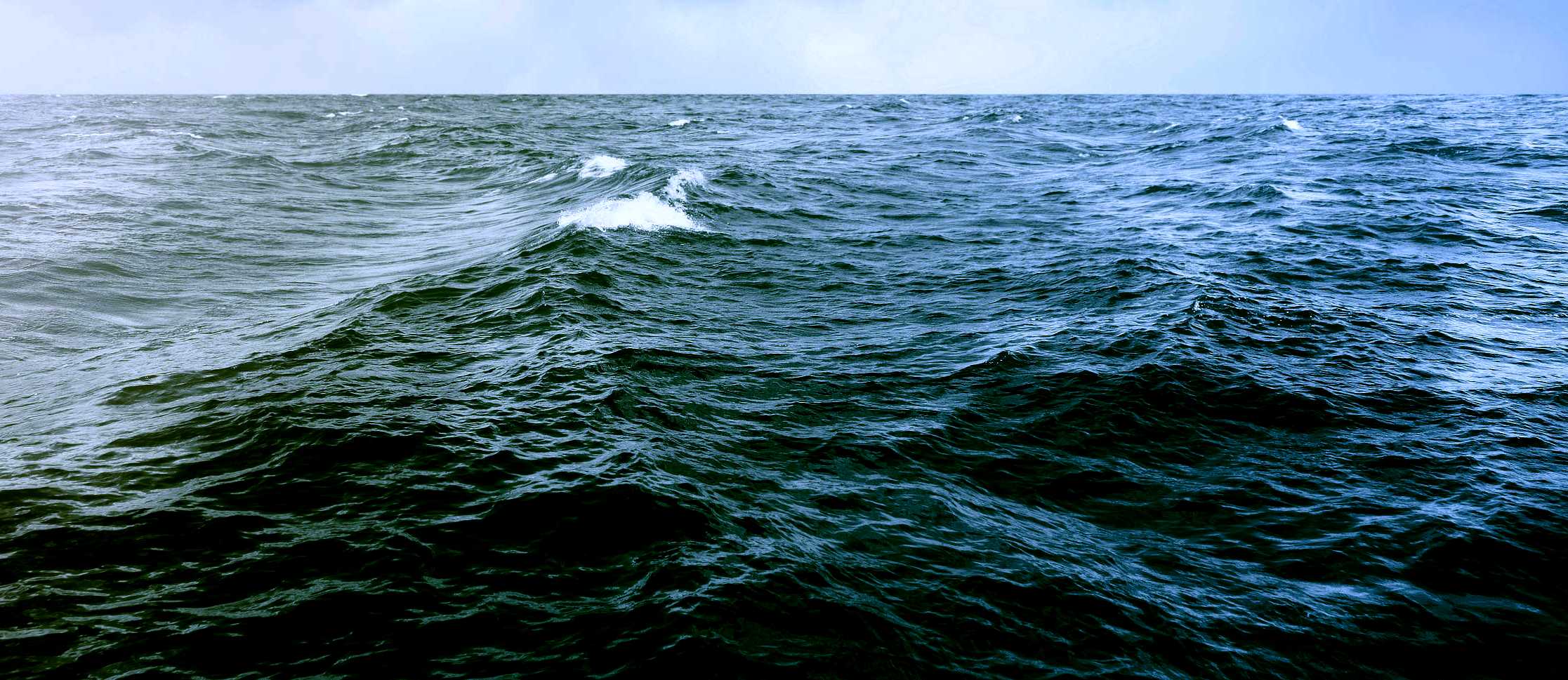|
INDIAN OCEAN - AGENDA 2030
ABOUT - CONTACTS - FOUNDATION - HOME - A-Z INDEX
THE
INDEPENDENT FEB 2015 - The worlds oceans are being filled with enough plastic waste to thickly line every coastline in the world, according to the first detailed global assessment of the problem.
The United Nation's sustainability development goals (SDGs) now firmly place blue growth on the 2030 Agenda, beginning with a 5 year period from 2018 to 2023.
ROADMAP TO A SUSTAINABLE BLUE ECONOMY
The Indian Ocean is a vital part of the economies, livelihoods and cultural identities of the States which border or lie within its boundaries. Fisheries, offshore oil and gas, tourism and maritime industries are already making a significant contribution to the economies of the Indian Ocean states. New opportunities are appearing in these established sectors and new emerging sectors which will require a cooperative approach to capture and exploit in a sustainable manner. The ocean does not recognise geopolitical boundaries and many of its ecosystems and much of its biodiversity are transboundary which can give rise to competitive exploitation.
We propose that continued, coordinated and proactive growth of the blue economies within the Indian Ocean need to be built upon principles of:
GLOBAL WASTE PROBLEM - The above views of planet earth as global views show us the Indian Ocean gyres and estimates of plastic waste in (thousands) numbers of pieces of plastic waste per square kilometer of sea. The Pacific Ocean gyres are held to be the worst at the moment.
INDIAN
OCEAN RIM ASSOCIATION (IORA)
OCEAN AWARENESS CAMPAIGN - As part of the Cleaner Ocean Foundation's ocean literacy campaign, we are developing a game that can be played on mobile devices like the iphone or android smart phones. In this game children learn a little about geography as they select one of five ocean areas to rid of marine litter. The screen above shows that the player has selected the Indian Ocean to tackle. Copyright Maps © January 29 2018 all rights reserved COF Ltd. Copyright Maps © January 29 2018 all rights reserved COF Ltd.
IORA CONTACTS
IORA Secretariat
LINKS & REFERENCE
http://www.tandfonline.com/doi/abs/10.1080/19480881.2016.1138713?journalCode=rior20 http://www.iora.net/blue-economy/blue-economy.aspx http://news.nationalgeographic.com/news/2015/01/150109-oceans-plastic-sea-trash-science-marine-debris/ http://www.independent.co.uk/environment/plastic-waste-in-ocean-to-increase-tenfold-by-2020-10042613.html https://sustainabledevelopment.un.org/sdg14 http://wef.ch/plasticseconomy
ABS - BIOMAGNIFICATION - BP DEEPWATER - CANCER - CARRIER BAGS - CLOTHING - COTTON BUDS - DDT - FISHING NETS FUKUSHIMA - MARINE LITTER - MICROBEADS - MICRO PLASTICS - NYLON - OCEAN GYRES - OCEAN WASTE - PACKAGING - PCBS PET - PLASTIC - PLASTICS - POLYCARBONATE - POLYSTYRENE - POLYPROPYLENE - POLYTHENE - POPS - PVC - SHOES SINGLE USE - STRAWS - WATER
AEGEAN - ACIDIFICATION - ADRIATIC - ARCTIC - ATLANTIC - BALTIC - BAY BENGAL - BAY BISCAY - BERING - BLACK - CARIBBEAN - CASPIAN - CORAL - EAST CHINA SEA ENGLISH CH - GOC - GUANABARA - GULF GUINEA - GULF MEXICO - INDIAN - IRC - IONIAN - IRISH - MEDITERRANEAN - NORTH SEA - PACIFIC - PERSIAN GULF - SEA JAPAN STH CHINA - PLASTIC - PLANKTON - PLASTIC OCEANS - RED - SARGASSO - SEA LEVEL RISE - SOUTHERN - TYRRHENIAN - UNCLOS - UNEP - WOC - WWF
This website is provided on a free basis as a public information service. copyright © Cleaner Oceans Foundation Ltd (COFL) (Company No: 4674774) January 2024. Solar Studios, BN271RF, United Kingdom. COFL is a charity without share capital. The names Amphimax and SeaVax are trademarks.
|
